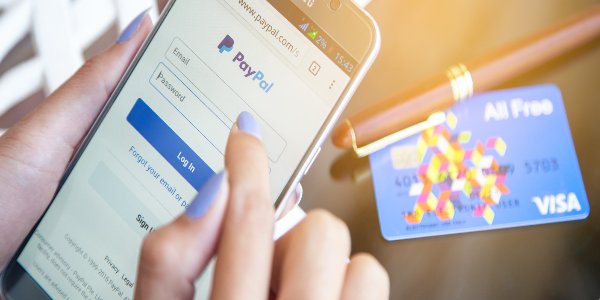Many phishing attempts can be thwarted simply by educating your employees. Even if you catch red flags in an email, such as typos or poor grammar, an urgent demeanor, or even a spoofed domain, how can you truly decipher the safety of an email?
An immediate step you can take is to watch out for one of the most critical tell-tale signs of a phishing email – a mismatched or fake URL.
Why is hovering important? What can it do for you?
Hovering not only allows you a moment to think before proceeding, it allows you the opportunity to see where a link is going to redirect you. This is especially important because not all links lead to where they appear, or insinuate they'll go.
When you hover, check for the following to ensure you're staying safe and secure:
Alert from KnowBe4 - Hovering Over Links
Sep 30, 2022 9:00:00 AM / by KnowBe4 posted in IT, Cyber-Security, Ransomware, Cybersecurity, Email Compromise, Vendor Email Compromise, VEC, Cybercrime, Cyber Crime, Small Business, Phishing
Multifactor Authentication: Because Passwords Aren't Enough
Sep 29, 2022 8:00:00 AM / by April L. Sy posted in IT, Cyber-Security, Cybersecurity, Email Compromise, Vendor Email Compromise, Cybercrime, Small Business, Phishing, MFA, 2FA, Multifactor Authentication
What is MFA and Why Aren't Passwords Alone Good Enough?
Two-Factor Authentication (2FA), two-step verification, and Multi-Factor Verification (MFA) are all names for a process that makes the user prove their identity. MFA requires an individual to provide two or more credentials to authenticate their identity, thus adding an extra level of protection to user accounts.
Alert from KnowBe4: PayPal Invoice Scams
Aug 25, 2022 12:31:44 PM / by KnowBe4 posted in technology, Cybersecurity, Email Compromise, Cyber Crime, Phishing
Alert from KnowBe4 - Financial Assistance Scams
Jan 22, 2021 10:55:42 AM / by KnowBe4 posted in IT, security, Cyber-Security, Cybersecurity, Email Compromise, Cybercrime, Cyber Crime, Financial Relief, Phishing
While the world continues to navigate life during a pandemic, countless families and individuals are struggling financially. In a truly malicious response to the situation, scammers are launching phishing attacks that claim to offer financial assistance to those in need.
The phishing email impersonates your local government and it states that you are eligible to receive financial aid. You’re directed to click a link in the email for more information. If you click the link, you are taken to a phony government website. The site asks for personally identifiable information, including your social security number. Once you’ve provided this information, the site claims that you will be contacted regarding your aid. Don’t be fooled! Anything you enter here is sent directly to the cybercriminals.





